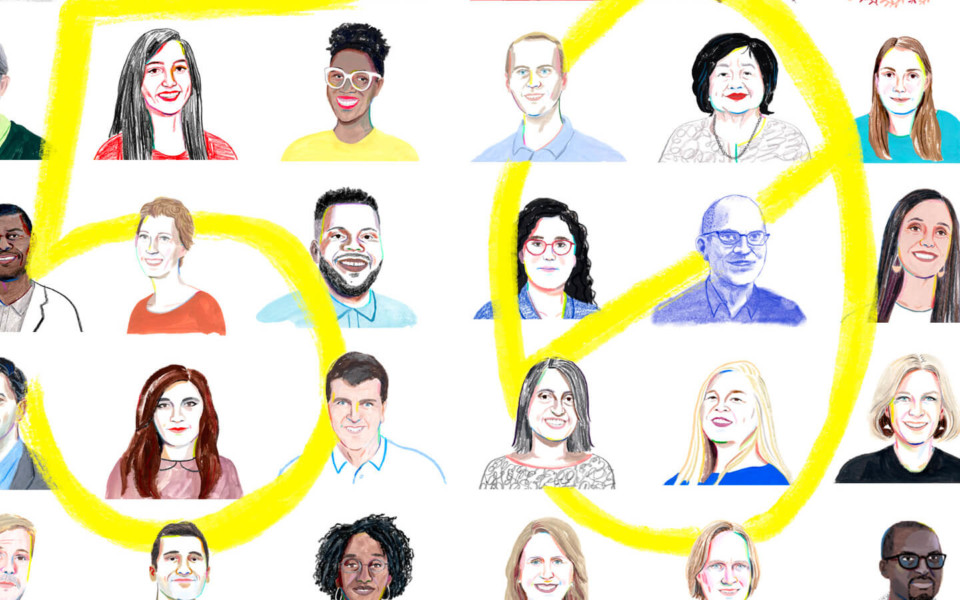The Future Perfect 50
From the philosophers whose moral imagination pushes the boundaries of what is possible to the activists making the world a better and healthier place on the ground, from the technologists imagining the future to the ethicists ensuring it doesn’t go awry, the people we’ve highlighted embody the question Future Perfect asks every day: How do we make the future a better place for everyone?
The following is an excerpt from the Future Perfect 50 profile of CRISPR co-discoverer and Nobel Prize-winner Dr. Jennifer Doudna.
Jennifer Doudna helped rewrite life with CRISPR
Now the Nobel-winning biochemist wants to ensure her invention is used ethically.
Here is a list of people that bestselling author Walter Isaacson has written definitive biographies of: Leonardo da Vinci, Benjamin Franklin, Albert Einstein, Steve Jobs, and Jennifer Doudna. One historic artist, one visionary statesman, one world-changing genius, one prophetic technologist, and one woman whose discovery may eventually prove as — or more — meaningful than any of them.
In 2012, Doudna, then a relatively unknown biochemist at the University of California Berkeley, published a paper with Emmanuelle Charpentier of Umeå University proposing that the bacterial enzyme Cas9 could be used to edit genes through a method called CRISPR. They weren’t the first to demonstrate that gene editing could be done, but CRISPR was a revolutionary leap in its precise ability to manipulate genes.
It was like going from a hacksaw to a scalpel — and after CRISPR, biology would never be the same.
In the less than 10 years since that paper was published, scientists have harnessed CRISPR to edit genes that can cause hereditary diseases like sickle-cell anemia, tweaked plant genomes to create crops that are more tolerant to disease or drought, and studied the very evolution of the human brain.
In 2020, eight years after their original research was published, Doudna and Charpentier were awarded the Nobel Prize for Chemistry — a blindingly fast timeline for the field’s most prestigious award. (Feng Zhang, a biologist at the Broad Institute, published research on CRISPR slightly before Doudna and Charpentier, and his institution laid claims to patent rights over the invention. The legal battle has been fought for years, but whatever the final result, the Nobel Prize has been seen as proof by many that it is Doudna and Charpentier who deserve primary scientific credit.)
To her credit, Doudna has not been satisfied by mere discovery. From the start, she understood that precise gene editing would have enormous consequences for the entire species, and that scientists could not wait before grappling directly with those ethical questions.


